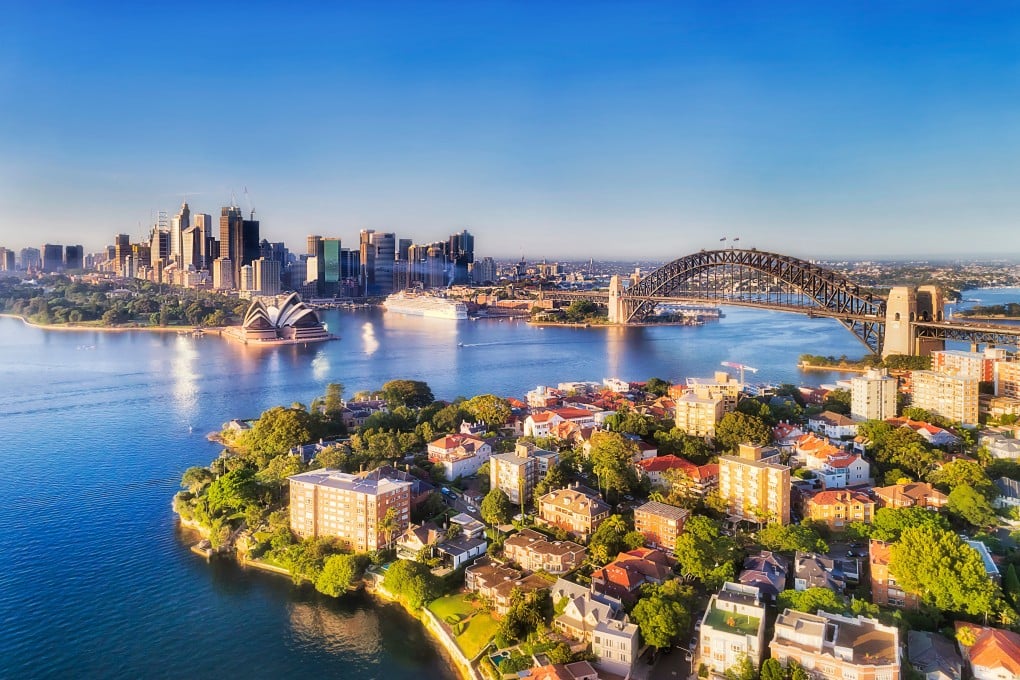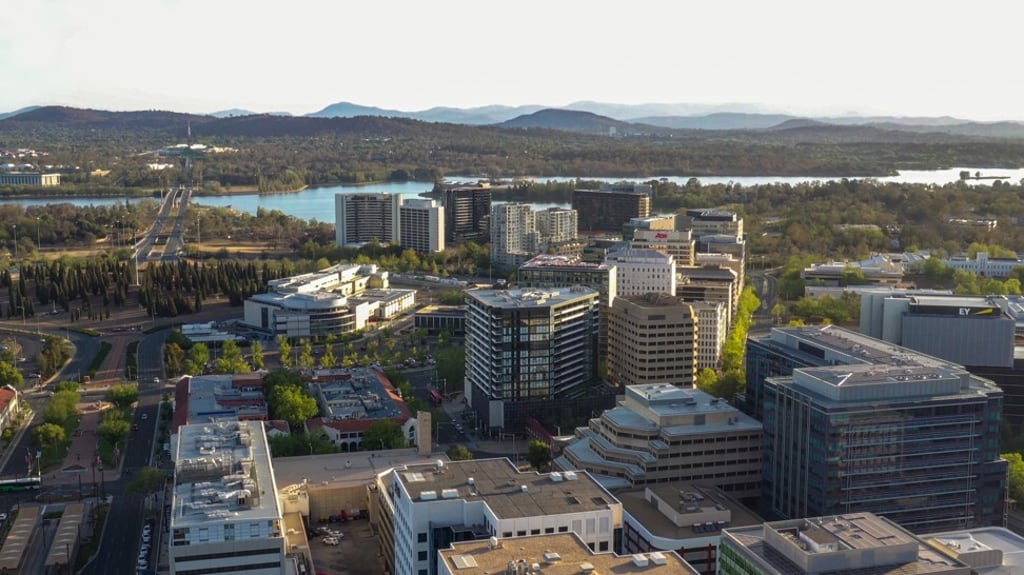Australia’s property market ignores China snub as Singapore, US funds rush for prized commercial assets
- Commercial property investment has reached A$35.4 billion (US$26 billion) to date, a 70 per cent increase from a year ago
- Singapore-to-Australia was the most active route in capital flows, while Hong Kong investors have made their presence felt

Commercial property investment involving deals above A$10 million has reached A$35.4 billion (US$26 billion) to date, a 70 per cent increase from a year earlier, according to Colliers International. The volume is within 17 per cent of the A$41.3billion recorded in 2015.
The surge in transactions follows Canberra’s move to ease pandemic curbs as governments around the world decided to “live with Covd-19” to revive economic growth. The decision appears to be aiding the real estate market, which has suffered from the withdrawal of mainland Chinese buyers as diplomatic relations deteriorated.
“Border closures have not dampened demand,” said John Marasco, managing director of capital markets and investment services at Colliers in Sydney. “These investors had already decided to place capital in Australia and the local property industry was quick to adapt to allow this investment to continue, particularly this year.”

The uptick suggests investors at home and abroad have gotten over the lethargy caused by the diplomatic tensions of the past two years. Various high-profile deals announced recently included surprise buyers from Hong Kong, while Singapore-based investors provided the biggest source of capital inflows.